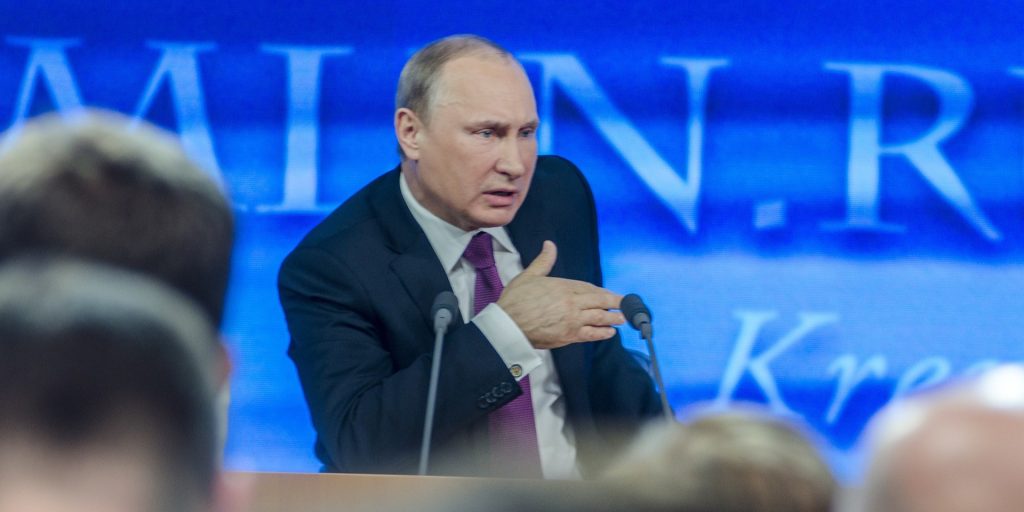Such an outcome would be a personal triumph for Putin.
Others are reading now
Vladimir Putin faces mounting challenges due to Ukraine’s unexpected incursion into Russia’s Kursk region, but a different type of territorial gain could soon be on the horizon.
Trigger a Political Earthquake
The upcoming regional elections in eastern Germany have the potential to trigger a political earthquake with ramifications far beyond the country’s borders, according to Digi24.
In the states of Brandenburg, Saxony, and Thuringia, Russia-friendly parties are poised to make significant gains in the legislative assemblies. The far-right Alternative for Germany (AfD) party, known for its pro-Russian stance, is expected to finish first in all three states, according to recent polls.
Meanwhile, the newly formed left-wing Alliance Sahra Wagenknecht (BSW) is also rapidly gaining popularity, raising concerns about the re-establishment of strong ties between Moscow and the former East Germany, a region dominated by the Soviet Union during the Cold War.
Also read
A Personal Triumph for Putin
A decisive victory for these extremist and populist parties would not only highlight the failure of moderate politicians to unify East and West Germany but also weaken the country’s already fragile tripartite coalition government.
Such an outcome would be a personal triumph for Putin, who has long had a fascination with Germany, dating back to his time as a KGB officer in Dresden during the 1980s.
Polls indicate that Moscow-friendly parties could secure at least 50% of the vote in these elections, with the AfD alone capturing around 30% in Thuringia. This rise in support for extremist parties underscores the deep-seated frustration among East Germans, who feel neglected by the country’s political elite.
The AfD’s victory would likely send shockwaves through Europe, complicating efforts to maintain a united front against Russian aggression in Ukraine.


